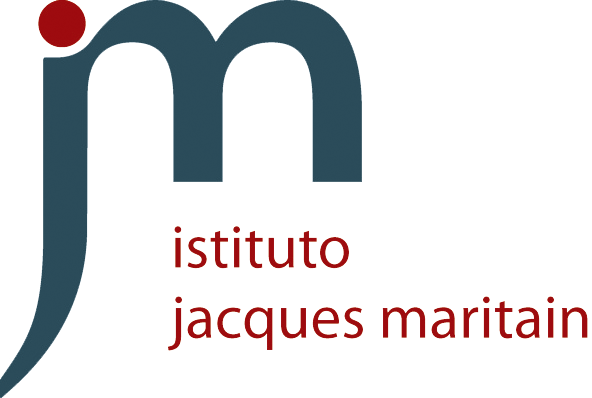Beni comuni e bene sociale comune
Oltre l’archetipo proprietario attraverso la focale sociologica di Tönnies, Polanyi e Ostrom

A partire dalle riflessioni teoriche di importanti classici delle scienze sociali come Tönnies, Polanyi ed Ostrom, questo paper intende trattare i “beni comuni”, cioè quelle ricchezze – fisiche ed immateriali – in grado di rigenerare e trasformare il paradigma entro cui si basa l’intero mainstream socio-economico della post-modernità, quali speciali fattispecie giuridiche, economiche e sociali. Attraverso queste risorse, che esprimono l’esigenza di un tema di più ampio respiro, ossia il “bene comune sociale”, è possibile, infatti, promuovere un modello di sviluppo e di coesione sociale più vicino ai richiami etici e valoriali dell’economia civile. Il paper si conclude con una breve elencazione di esempi emblematici di gestione partecipata dei beni comuni, inclusi quelli confiscati alle mafie, intendendoli come paradigmatici della virtuosa collaborazione tra istituzioni, cittadinanza ed operatori economici.
Starting from the theoretical reflections of important classics of the social sciences such as Tönnies, Polanyi and Ostrom, this paper intends to deal with “common goods” as special legal, economic and social facts. We refer to those riches – physical and immaterial – capable of regenerating and transforming the paradigm within which the entire socio-economic mainstream of post-modernity is based. Through these resources, which express the need for a broader theme, namely the “social common good”, it is possible, in fact, to promote a model of development and social cohesion closer to the ethical and value references of the civil economy. The paper concludes with a brief list of emblematic examples of participatory management of common goods, including those confiscated from the mafias as paradigmatic of the virtuous collaboration between institutions, citizens and economic operators.
